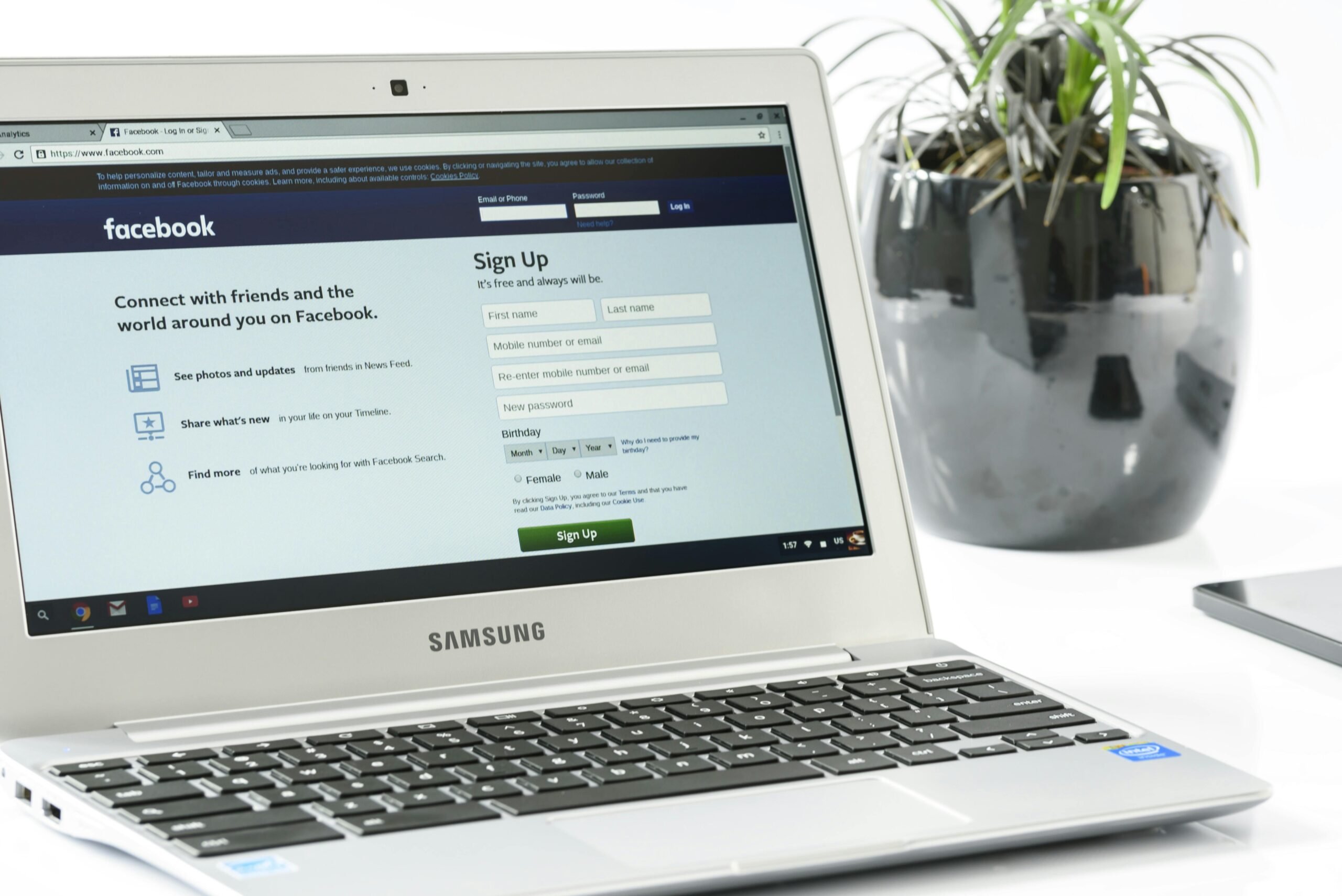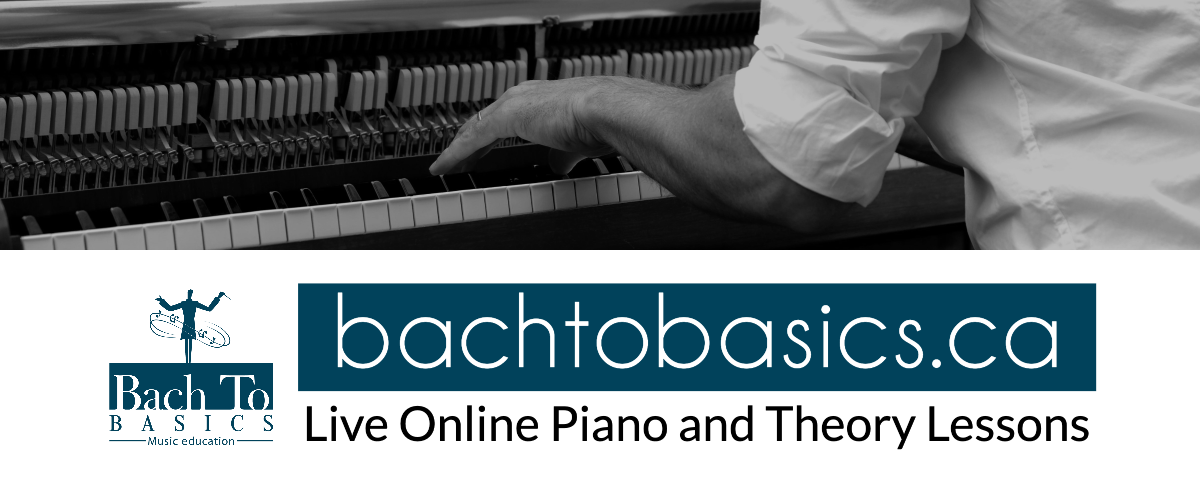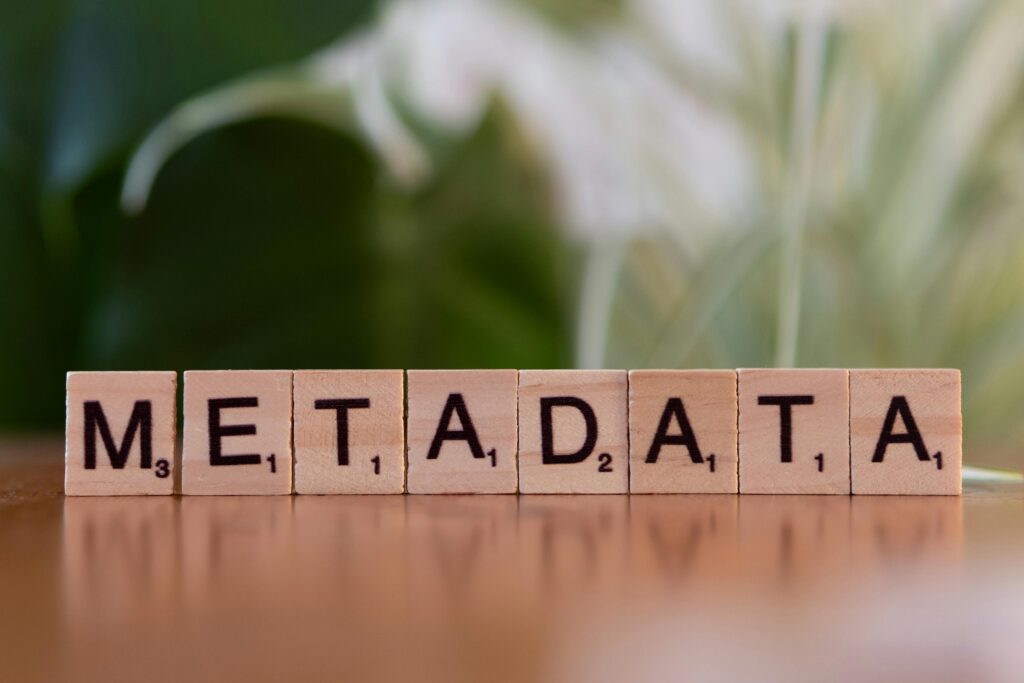Public Presence & Branding: How to Give Your Label a Credible Home Without Going Overboard
Disclaimer: This post isn’t legal or marketing advice — just practical suggestions based on my own experience as an independent label owner and teacher. Your branding should reflect what’s right for your goals, your audience, and your time.
It’s easy to get overwhelmed by the idea of “branding.” But let’s make one thing clear right away: You don’t need a full design package, a content calendar, and a dozen social platforms to look professional.
What you do need is a clear, simple, and consistent online presence — a place for people to find you, understand what you do, and listen to your music.
That alone puts you ahead of most indie releases floating around the internet.
Why Public Presence Matters
Even if you’re just releasing music under your own label for personal projects, a basic public presence:
- Makes you look credible and organized
- Gives your music a home outside of streaming platforms
- Helps collaborators, curators, or licensing contacts find your info
- Provides a way to grow over time if the opportunity arises
This doesn’t mean you need to “go viral” or commit to daily posts — it just means being findable, present, and intentional about how your label appears to others.
Just the Basics (For Now)
This post isn’t meant to cover every aspect of branding in depth — entire books have been written about web design, social media marketing, press kits, and visual identity. What follows is simply a starting point: enough to get you up and running without overwhelming you, and to help you think about where your label fits into the broader landscape.
What You Should Be Doing
1. Build a Simple Website
Your website doesn’t have to be fancy — just clean, clear, and functional.
What to include:
- A short about section (who you are, what the label is)
- Links to your music or artist pages
- Contact info or a form
- Optional: catalog list, licensing info, blog or news updates
Platforms like WordPress, Wix, or Carrd can get you up and running in a few hours — no designer needed.
What I did: I built a basic site for Listening Edge Records just to give it a home. It’s not a traffic magnet — but it’s there if someone looks me up, and it connects to everything else I’m doing with my incorporated music studio.
2. Set Up a Simple Social Media Presence (Optional but Helpful)
For most independent artists or labels, having some kind of social media presence can be valuable — even if it’s just to:
- Announce new releases
- Show you’re active and engaged
- Be discoverable by curators, collaborators, or fans
You don’t need to be everywhere. One or two well-maintained platforms is enough.
Good starter options:
- Instagram (for visual branding, behind-the-scenes, and release posts)
- YouTube (for audio uploads, lyric videos, or walkthroughs)
- Facebook or TikTok (depending on your audience and energy)
Keep it light:
- Post only when you have something to say
- Use scheduling tools if needed
- Cross-post when possible
What I did: I chose not to run separate social media accounts for Listening Edge Records. Instead, I promote releases through my existing teaching brand, Bach To Basics Music.
That approach works for me because I already have a strong online website presence and the label is just one part of a larger, established business. If I were just starting out, I would likely have created at least a basic social profile for the label itself. At present, I have social media accounts but rarely if ever use them.
3. Consider a One-Sheet or Press Kit (Optional)
If you’re planning to collaborate, pitch your music, or license songs, it can help to have a simple one-sheet or EPK (electronic press kit) ready.
Include:
- Artist or label bio
- Short description of your release or catalog
- Key links (website, streaming, contact)
- Visuals (album art, headshot, logo if you have one)
This doesn’t have to be flashy — just useful and easy to send.
What I did: I didn’t create a one-sheet — I’m the only artist on the label right now, and I’m not doing any external promotion. If that changes, it’s easy to put one together later.
Keep It Honest, Not Overhyped
A big part of branding is tone — how you present yourself.
You don’t have to act like you’re running a major label if you’re not. In fact, people appreciate authenticity far more than corporate polish.
Whether you’re a hobbyist, a side-hustler, or a full-time music creator — your label can still be:
- Professional without being stuffy
- Simple without being sloppy
- Personal without being casual to a fault
Let your online presence reflect your real goals and style — not someone else’s checklist.
Final Thoughts
You don’t have to spend weeks designing logos or running five social feeds. But giving your music and your label a proper public presence makes everything feel more real — and more reachable.
Start with:
- A simple, functional website
- One or two social platforms (if they suit your needs)
- A basic bio or press kit (if you’re collaborating or pitching)
Even this modest setup gives your label a home in the world — and room to grow if you decide to take it further.
When to Consider Hiring a Professional
If your goal is to generate steady income through your label, or you want your releases to reach a wider audience, it might be worth hiring some professional help — especially if marketing isn’t your strength.
You could consider working with:
- A web designer to build a polished site
- A marketing consultant to help you shape your strategy
- A branding designer to unify your visuals and messaging
- A PR or social media specialist to help get your music seen and heard
Today’s audience is flooded with content. Even excellent music can go unnoticed without a well-executed plan. A little professional help early on can make a big difference if you’re serious about visibility and growth.
This doesn’t contradict starting small — it just means that as your ambitions grow, your support team might need to grow with them.
Coming Up Next:
In the final deep dive, we’ll talk about Optional Growth Steps — things like joining industry associations, using publishing admin services, or exploring grant funding if you’re ready to take the next step.
Until next time,
Trevor
Listening Edge Records / Bach To Basics Inc.





